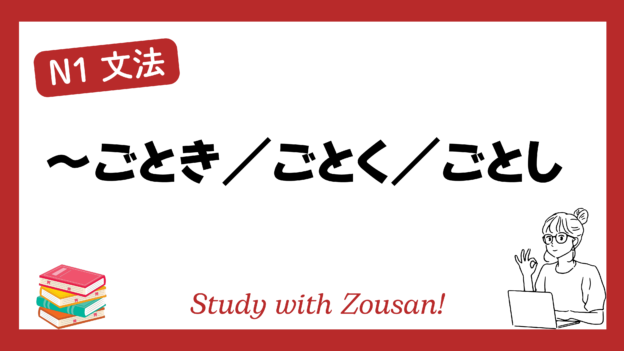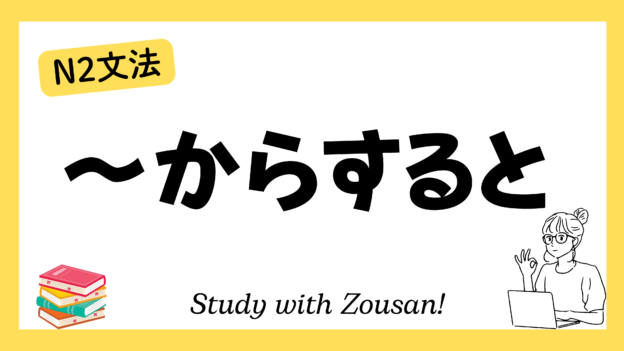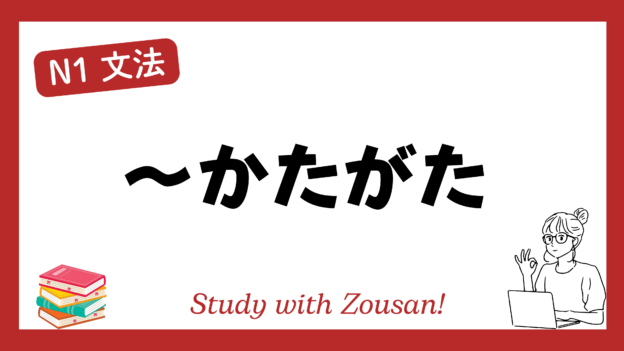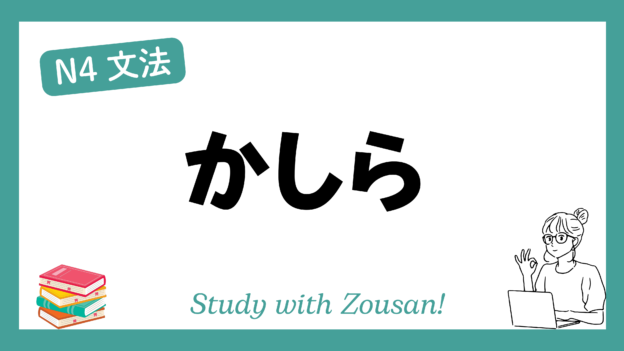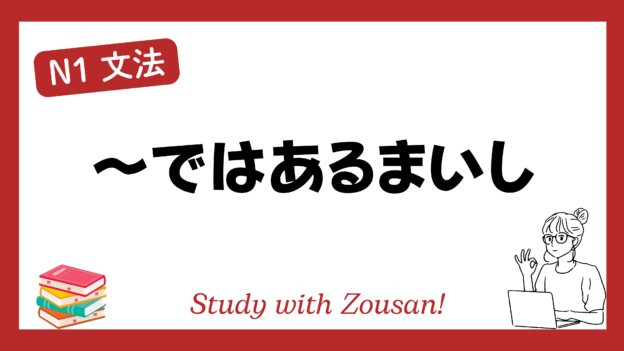N1文法:~ごとき/ごとく/ごとし
Meaning: “Like…”, “As if…”
This structure is used to draw a comparison or analogy, expressing that one thing or action is similar to another. Depending on the context, this structure can be neutral or carry a tone of disdain, often seen in figurative or formal expressions.
※Note: “~ごとき” is often used in written or formal language, and sometimes it carries a critical or disdainful tone, especially when comparing oneself with others.
Structure:
| Verb (+が/かの) (dictionary / た form) |
+ ごとき + noun + ごとく~(文の途中) + ごとし(文の終わり) |
| Noun + の |
Example:
-
-
-
🌟 彼女の笑顔は花のごとき美しさだ。
(かのじょ の えがお は はな の ごとき うつくしさ だ。)
Her smile is as beautiful as a flower. -
🌟 勇者ごとく、彼は戦場に立った。
(ゆうしゃ ごとく、かれ は せんじょう に たった。)
He stood on the battlefield like a hero. -
🌟 彼の行動は、まさに愚か者のごとし。
(かれ の こうどう は、まさに おろかもの の ごとし。)
His actions are exactly like those of a fool. -
🌟 春のごとく暖かい日だ。
(はる の ごとく あたたかい ひ だ。)
It’s a warm day, just like spring. -
🌟 彼は影のごとく静かに歩いた。
(かれ は かげ の ごとく しずかに あるいた。)
He walked silently like a shadow. -
🌟 時間は矢のごとし。
(じかん は や の ごとし。)
Time flies like an arrow. -
🌟 その出来事は夢のごとく消えていった。
(その できごと は ゆめ の ごとく きえて いった。)
That event vanished like a dream. -
🌟 彼の言葉は氷のごとく冷たい。
(かれ の ことば は こおり の ごとく つめたい。)
His words are as cold as ice. -
🌟 彼は風のごとき速さで走った。
(かれ は かぜ の ごとき はやさ で はしった。)
He ran with the speed of the wind. -
🌟 彼女の美しさは、天女のごとし。
(かのじょ の うつくしさ は、てんにょ の ごとし。)
Her beauty is like that of a celestial maiden.
-
-



